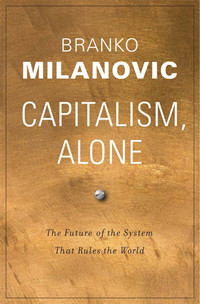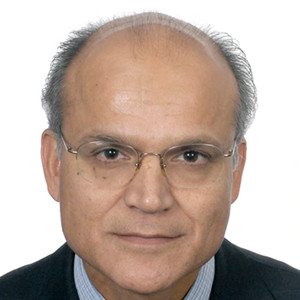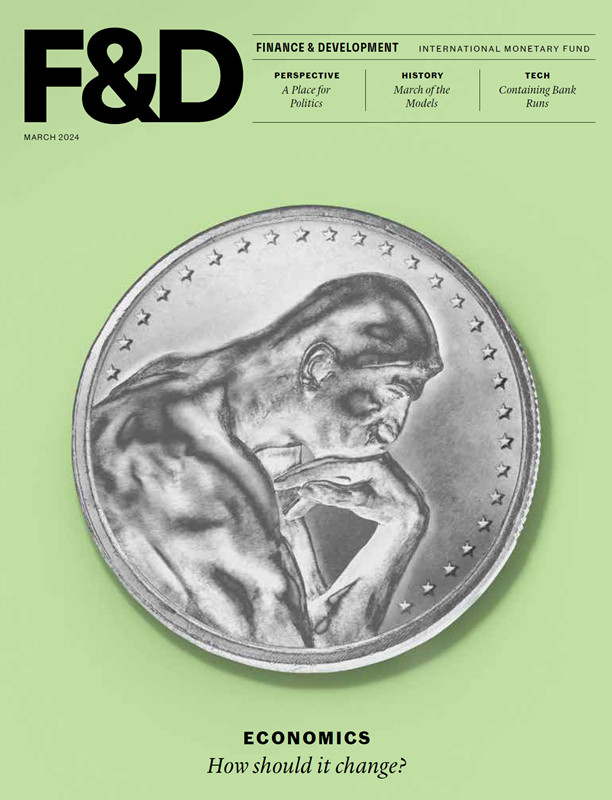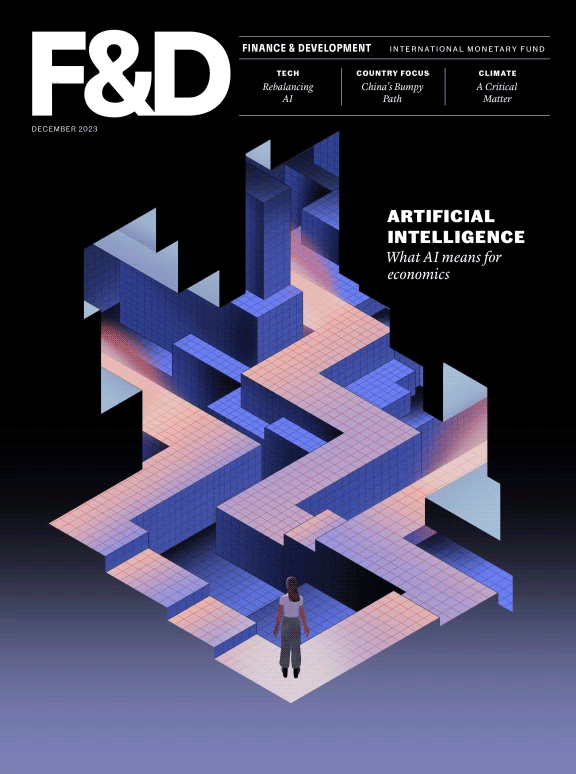Book Reviews
End of History?

Branko Milanovic
Capitalism, Alone:
The Future of the System
That Rules the World
Harvard University/Belknap Press,
Cambridge, MA, 2019, 304 pp., $29.95
Capitalism, Alone is an ambitious and provocative examination of the present and the future of capitalism. It is a valuable, data-rich, and thoughtful addition to several recent books examining the challenges facing this economic system.
The premise is that capitalism has beaten all alternatives. The book reviews the historical shifts leading to this Darwinian triumph. For the first time, a single economic system rules the world. “The domination of capitalism as the best, or rather the only, way to organize production and distribution seems absolute.”
This does not, however, entail the “end of history.” The triumph of liberal capitalism has not delivered the vision that had many in its thrall in the 1990s. Branko Milanovic examines the internal strains the system faces: increasing income and wealth inequality within economies, declining intergenerational mobility, mounting economic and social polarization, and rising influence of wealth in politics leading to the concentration of both economic and political power in the hands of an elite and a weakening of democratic polity. Big changes in technology may exacerbate these strains, which are reflected in the rising popular revolt across Western capitalist democracies.
Capitalism itself may no longer have competitors; the competition now is between different types of capitalism, the West’s “liberal meritocratic capitalism” (with the United States as its most paradigmatic example) and “political capitalism” (with China as the exemplar). The latter system is mounting a growing challenge, on the back of China’s economic rise. But it is beset by its own problems: endemic corruption, weak rule of law, authoritarian control by a political elite whose power depends on delivering continued high economic growth, and rising inequality.
What does the future hold? Milanovic says that while capitalism cannot be replaced—at least in the foreseeable future—it can be improved. He sketches areas for reform to address the economic and political dysfunction of liberal capitalism. And his list includes deconcentrating capital and wealth ownership through tax advantages that give the middle class a bigger stake in financial capital and a corresponding increase in the taxation of the rich, coupled with higher taxes on inheritance. He also calls for a significant boost in public investment to broaden access to high-quality education and enhance equality of opportunity. Strictly limited and exclusively public funding of political campaigns to reduce the ability of the rich to control the political process is another necessary reform, he says.
Such major reforms face heavy odds in a system where wealthy elites wield strong political influence and will resist change. Higher taxes on capital and wealth may be difficult in globalized capital markets without significant international coordination. Absent reform, liberal capitalism may lurch further toward plutocracy, with technocratic structures overshadowing those that are democratic as discontent with elected governments grows. Political capitalism, on the other hand, faces existential risks from the inevitable slowing of growth as economies mature.
So the evolution of humankind’s socioeconomic system may not have reached its terminus. The march of history continues.
Opinions expressed in articles and other materials are those of the authors; they do not necessarily reflect IMF policy.









